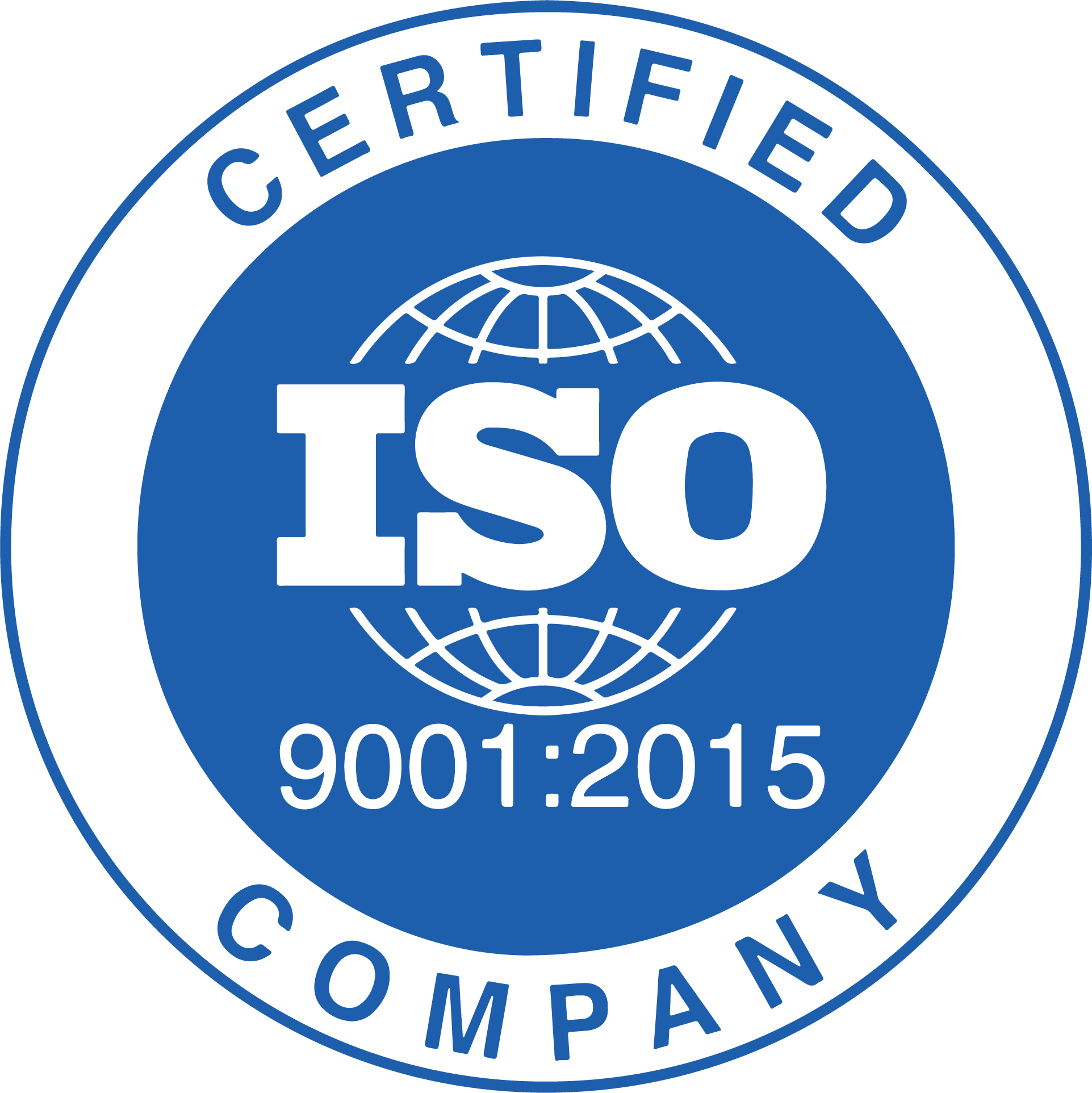Strong governance ensures that EXIM Bank executes its mandate responsibly and effectively while safeguarding the assets and interests of our Shareholder and promoting and facilitating the sustainable growth of the productive sectors of Jamaica.
This Corporate Governance Statement outlines EXIM Bank’s corporate governance policies and procedures for the year ended 31 March 2024. The Board of Directors of EXIM Bank advocates and practices sound corporate governance, endorsing accountability, transparency, fairness, and responsibility at all levels of stewardship in the Bank.
EXIM Bank’s Corporate Governance Framework operates in accordance with the Corporate Governance Charter, policies, and codes of conduct adopted by the Board. The Board recognises that corporate governance is a constantly evolving concept and, therefore, regularly reviews and updates the Company’s Governance Charter, Board Committee Terms of Reference, and company policies, referencing national and international public sector guidelines and best practices.


